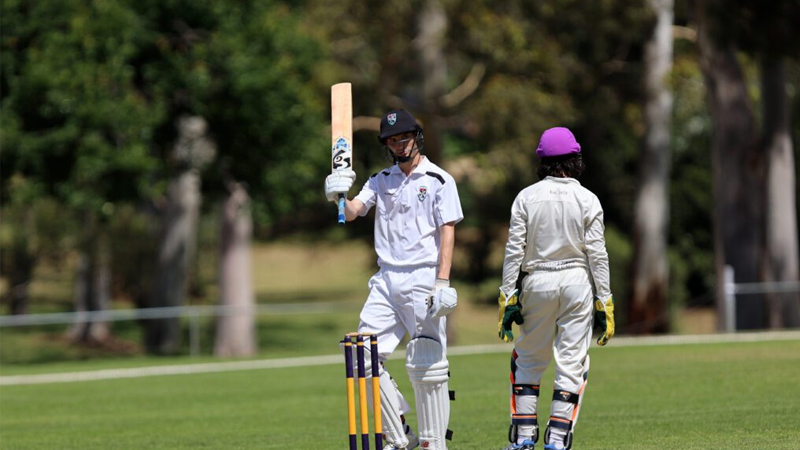In a significant development, the Supreme Court of Pakistan has intervened in the controversy surrounding the allocation of reserved seats in the country’s political landscape. On Monday, the apex court suspended the verdict of the Peshawar High Court (PHC) regarding reserved seats, following a plea filed by the Sunni Ittehad Council (SIC) against the ruling of the PHC.
The dispute originated when the Election Commission of Pakistan (ECP) rejected SIC’s plea, which led to the party being denied reserved seats. However, the SIC appealed this decision, prompting the Supreme Court to take action.
During the hearing, Justice Mansoor Ali Shah questioned the legality of allocating reserved seats to other parties and expressed willingness to address the matter expeditiously. The three-member bench, led by Justice Shah and including Justices Muhammad Ali Mazhar and Athar Minallah, accepted SIC’s plea and announced plans to hear the case daily starting from June 3.
The Supreme Court clarified that the issue primarily concerns additional reserved seats granted to political parties subsequent to the initial allocation. This decision comes after the PHC, in March, dismissed SIC’s petition against the ECP’s ruling, citing procedural and legal irregularities.
The ECP had determined that SIC was ineligible for reserved seats designated for women and minorities due to procedural violations. Consequently, the seats were reallocated based on proportional representation among political parties.
In response, SIC approached the Supreme Court seeking the allocation of 67 women and 11 minority seats in the National and provincial assemblies, challenging the PHC’s decision.
The controversy over reserved seats has sparked tensions between SIC, largely comprising Pakistan Tehreek-e-Insaf-backed independent candidates, and ruling parties such as Pakistan Muslim League-Nawaz (PML-N), Pakistan Peoples Party (PPP), and others. Numerous members from these parties had taken oath on reserved seats following the PHC’s verdict, further complicating the issue.
The Supreme Court’s intervention marks a crucial development in the ongoing debate over the allocation of reserved seats, setting the stage for a thorough examination of the legal and procedural aspects surrounding this contentious matter.











Leave a Reply